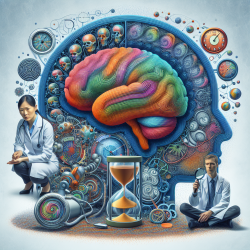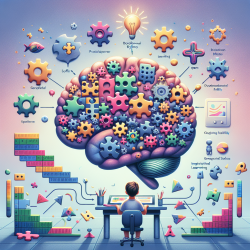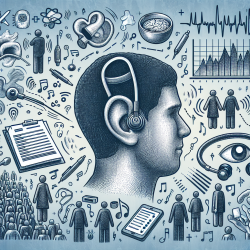Delirium is a complex syndrome characterized by cognitive, psychiatric, and motor abnormalities. It often occurs in acutely medically unwell patients, following surgery or trauma, or due to drug intoxication or withdrawal. The rapid onset of mental status changes makes delirium challenging to diagnose and assess accurately. Recent neuropsychological research offers valuable insights into improving delirium assessment, focusing particularly on attention and arousal as key diagnostic features.
The Importance of Attention in Delirium
The core feature of delirium is inattention. The DSM-5 criteria emphasize a reduced ability to direct, focus, sustain, and shift attention. However, despite its centrality, attention has been the subject of few neuropsychological studies in the context of delirium. Current methods of assessing attention vary widely, often relying on subjective judgments rather than objective tests.
Neuropsychological research suggests that attentional deficits in delirium range from lowered levels of arousal to more subtle impairments in complex cognitive tasks. These variations highlight the need for standardized testing procedures that can reliably measure attention deficits across different patient populations.
Arousal: A Specific Indicator of Delirium
Arousal, or level of consciousness, is another critical factor in delirium assessment. It refers to the global level of behavioral responsiveness and is hierarchically related to attention. Abnormal arousal has been shown to have high specificity for delirium, making it a valuable marker for diagnosis.
The relationship between arousal and attention underscores the importance of assessing both features when diagnosing delirium. Practitioners should be aware that altered arousal could be particularly useful for detecting delirium in patients with chronic cognitive disorders.
The Need for Standardized Assessment Methods
The heterogeneity in current assessment methods for delirium highlights the need for more standardized approaches. Neuropsychological research advocates for the adoption of objective methods supported by formal psychometric analysis to improve the reliability and validity of assessments.
Standardizing assessment methods will not only enhance diagnostic accuracy but also facilitate comparability between studies. This is crucial for advancing our understanding of delirium and developing more effective interventions.
Encouraging Further Research
The neuropsychological evidence base for other cognitive impairments in delirium is limited. More research is needed to explore impairments in visual perception, language, and thought processes. Understanding these features will contribute to a more comprehensive approach to delirium assessment and management.
Practitioners are encouraged to engage with ongoing research efforts and consider how emerging findings can be integrated into clinical practice. By doing so, they can contribute to the development of more robust reference standards that will ultimately benefit patient care.
The neuropsychology of delirium: advancing the science of delirium assessment










